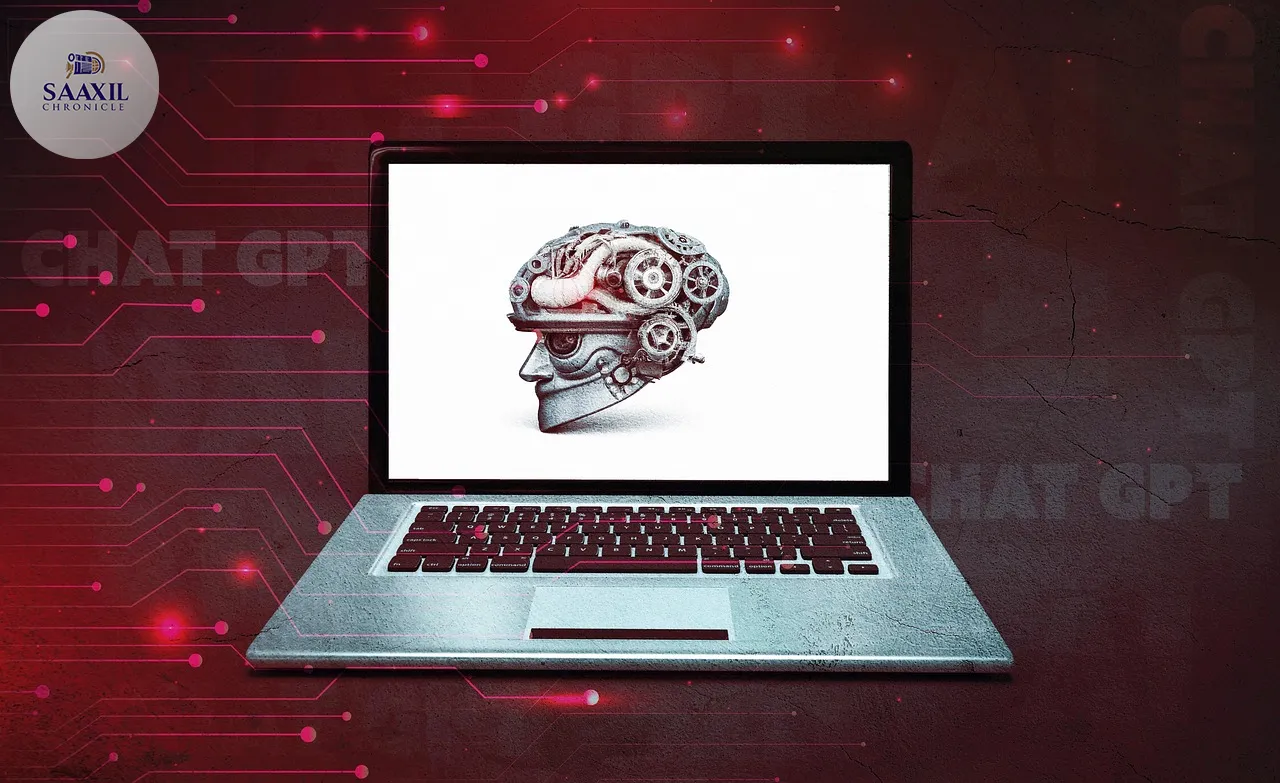Artificial intelligence (AI) has become a game-changer in the digital marketing landscape. With the entrance of tools like ChatGPT and Google Bard, marketers are harnessing AI to enhance strategies, engage consumers, and drive business growth. As AI technology continues to evolve, its integration into marketing practices is not just an option but a necessity for staying competitive.
The Rise of AI in Digital Marketing
AI’s impact on digital marketing has been significant, with its ability to process vast amounts of data and deliver insights that were previously unimaginable. The adoption of AI in marketing has been accelerated by advancements in machine learning and natural language processing, which allow for more personalised and efficient marketing campaigns.
In recent years, businesses have increasingly turned to AI to streamline operations and improve customer experiences. According to a report by Statista, global spending on AI technology is projected to reach $110 billion by 2024, highlighting its growing importance across various industries, including marketing.

Enhancing Customer Interactions with AI Chatbots
AI chatbots have revolutionised customer service by providing real-time assistance and support. These chatbots utilise natural language processing to understand and respond to customer queries, offering a seamless and personalised experience. Brands like Sephora and H&M have successfully implemented AI chatbots to handle customer inquiries, resulting in improved customer satisfaction and reduced response times.
Moreover, AI chatbots can gather valuable data on customer preferences and behaviour, enabling businesses to tailor their marketing strategies more effectively. This data-driven approach ensures that marketing efforts are aligned with customer needs and expectations.
Personalising Content with AI
One of the most significant benefits of AI in digital marketing is its ability to personalise content. AI algorithms analyse user data to deliver tailored content that resonates with individual preferences. This level of personalisation enhances customer engagement and increases the likelihood of conversion.
For instance, streaming services like Netflix and Spotify use AI to recommend content based on user behaviour and preferences, creating a more engaging user experience. Similarly, e-commerce platforms utilise AI to suggest products that align with a customer’s browsing history, leading to higher sales and customer retention.
Optimising Advertising Campaigns
AI has transformed the way businesses approach advertising by enabling more targeted and efficient campaigns. Through predictive analytics, AI can identify potential customers and optimise ad placements to maximise reach and impact. This technology helps marketers allocate their budgets more effectively, ensuring that ads are shown to the right audience at the right time.
Companies like Google and Facebook have integrated AI into their advertising platforms, offering businesses powerful tools to enhance their marketing strategies. By leveraging AI, marketers can achieve higher conversion rates and a better return on investment.
Improving SEO Strategies
Search engine optimisation (SEO) is another area where AI is making a significant impact. AI-powered tools can analyse search engine algorithms and provide insights into optimising website content for better visibility and ranking. This technology enables marketers to stay ahead of algorithm changes and maintain a competitive edge in search engine results.
AI also assists in keyword research and content creation, helping businesses identify trending topics and generate relevant content that attracts organic traffic. By incorporating AI into their SEO strategies, marketers can improve their online presence and drive more traffic to their websites.
Streamlining Data Analysis
The ability of AI to process and analyse large volumes of data is invaluable to marketers. AI tools can quickly identify patterns and trends in consumer behaviour, providing actionable insights that inform marketing decisions. This data-driven approach allows businesses to make informed choices and optimise their strategies for better results.
Furthermore, AI-powered analytics platforms offer real-time reporting and dashboards, enabling marketers to monitor campaign performance and make adjustments as needed. This agility ensures that marketing efforts remain effective and aligned with business goals.
Enhancing Email Marketing
AI has also transformed email marketing by allowing for more personalised and targeted campaigns. AI tools can segment audiences based on behaviour and preferences, ensuring that emails are relevant and engaging. This personalisation leads to higher open rates and conversion rates, making email marketing more effective.
Additionally, AI can automate the timing and frequency of email campaigns, ensuring that messages are delivered at optimal times for maximum impact. This level of automation saves time and resources while improving campaign performance.
Future Prospects of AI in Marketing
As AI technology continues to advance, its role in digital marketing is expected to grow. Future developments may include more sophisticated AI algorithms that can predict consumer behaviour with greater accuracy and offer even more personalised marketing solutions. Businesses will need to stay informed about these advancements to remain competitive in the ever-evolving digital landscape.
The integration of AI in digital marketing offers numerous benefits, from improved customer interactions to more efficient advertising campaigns. By leveraging AI, businesses can enhance their marketing strategies, engage with consumers more effectively, and drive growth in an increasingly digital world.





